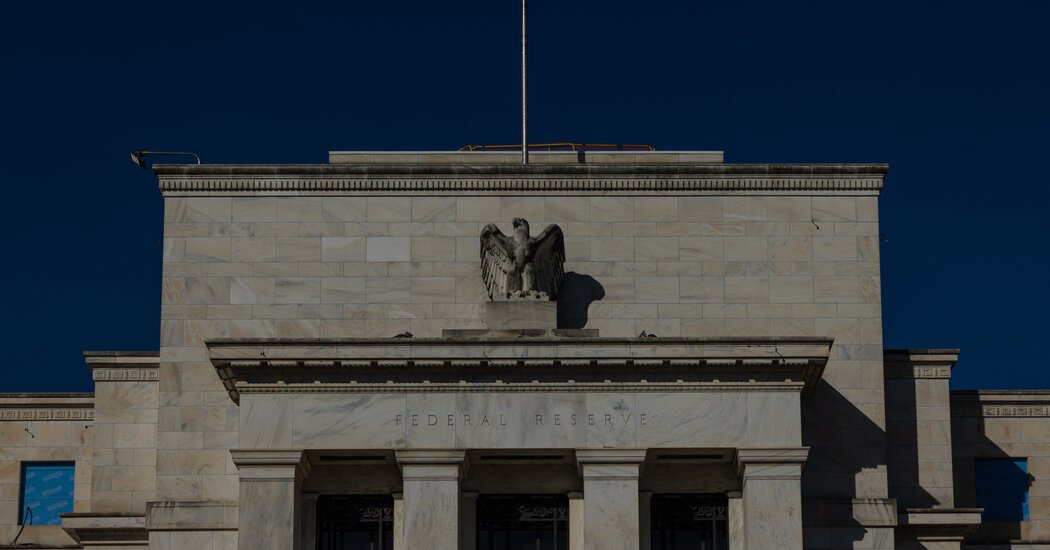
The Federal Reserve has pulled out of a network of global financial regulators focused on climate risks days before President-elect Donald J. Trump returns to power.
The central bank announced that it was formal joining network in December 2020, shortly after President Biden was elected. The decision was met with praise from Democrats and skepticism from Republicans, who were concerned that financial regulators’ increased attention to climate risk could have adverse effects on US bank customers.
The group, known as the Central Banks and Supervisors Network for Greening the Financial System, exists to help central banks and other regulators share ideas and research as they figure out how to account for climate-related risks in the financial sector. The network also aims to “mobilize mainstream finance to support the transition to a sustainable economy.”
Fed officials said the decision to leave the network came as the group’s work expanded.
“While the Board appreciated the engagement with the NGFS and its members, the work of the NGFS has increasingly expanded in scope, covering a wider range of issues that are outside the Board’s statutory mandate,” the Federal Reserve said in statement on Friday.
The network did not immediately respond to a request for comment.
Five members of the Fed’s Board of Governors voted to withdraw from the network, including Fed Chairman Jerome H. Powell. Two members abstained, including Adriana Kugler and Michael Barr, who recently announced he would depart from his role as vice president of oversight until February 28.
The central bank’s move to join the network is seen as a sign of its recognition that the Fed must begin to consider the impact of extreme weather events as they occur more frequently and pose greater risks to the financial system. The Fed informally participated in the network for more than a year before officially joining.
Days before the Fed officially became a member, a group of Republican lawmakers expressed skepticism about the Fed’s involvement in the network. Its recommendations “could significantly limit access to capital for key industries and place harmful restrictions on regulated entities,” Republican lawmakers wrote in letter Fed officials in December 2020.







